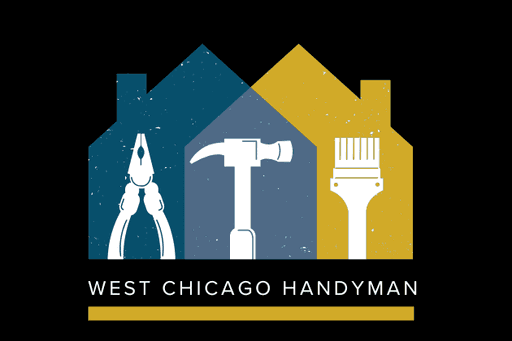
Feb 28, 2022
Navigating home improvement on budget
In today's economic climate, many homeowners are looking to improve their living spaces without breaking the bank. With some creativity, planning, and elbow grease, it's possible to make significant improvements to your home while staying within a modest budget. Here's how to navigate home improvement on a budget effectively.
Set Realistic Goals and Prioritize
Before diving into any home improvement project, it's crucial to establish clear goals and prioritize your needs.
Assess Your Needs vs. Wants
Make a list of necessary repairs or upgrades.
Identify cosmetic changes that would enhance your living experience.
Prioritize projects based on importance and budget constraints.
Create a Detailed Budget
Set a firm budget for your improvements and include a 15-20% cushion for unexpected costs
This buffer will help you avoid financial stress if surprises arise during your project.
Maximize Impact with Paint
One of the most cost-effective ways to transform your space is through painting.
Refresh Your Walls
A fresh coat of paint can dramatically change the look and feel of a room. Choose light, neutral colors to make spaces feel larger and brighter.
Don't Forget the Details
Paint your front door for an instant curb appeal boost
Refresh kitchen or bathroom cabinets with a new color for a budget-friendly update.
Embrace DIY Where Possible
Taking on some projects yourself can lead to significant savings.
Know Your Limits
While DIY can save money, it's important to recognize when a job requires professional expertise. Electrical work, major plumbing, and structural changes often need a professional touch.
Start Small
Begin with manageable projects like painting, installing new hardware, or simple landscaping to build your confidence and skills.
Shop Smart for Materials and Fixtures
Finding deals on materials can stretch your budget further.
Explore Recycling Centers and Salvage Yards
These can be treasure troves for budget-conscious remodelers, offering gently used fixtures and materials at a fraction of retail prices.
Consider Look-Alike Alternatives
Opt for materials that mimic more expensive options. For example, vinyl flooring can provide the look of hardwood at a much lower cost.
Focus on Energy Efficiency
Investing in energy-efficient upgrades can lead to long-term savings.
Upgrade Insulation
Adding insulation to your attic is a relatively inexpensive project that can significantly reduce energy bills.
Install Smart Home Devices
Programmable thermostats and LED lighting can help reduce energy consumption and lower utility costs over time.
Refresh Without Replacing
Sometimes, updating what you have is more cost-effective than full replacement.
Refinish Instead of Replace
Consider refinishing your bathtub or kitchen cabinets instead of replacing them entirely
This can give you a fresh look at a fraction of the cost.
Rearrange and Refurbish Furniture
Sometimes, simply rearranging your furniture or refurbishing existing pieces can give your space a new feel without any major purchases.
Plan for the Long Term
When making improvements, consider both short-term costs and long-term benefits.
Invest in Quality Where It Counts
For items that see heavy use, like flooring or appliances, spending a bit more upfront on quality can save money in the long run through increased durability and efficiency.
Consider Future Needs
If you're planning to stay in your home long-term, consider improvements that will accommodate future lifestyle changes or aging in place.
Conclusion
Navigating home improvement on a budget requires careful planning, creativity, and sometimes a bit of compromise. By prioritizing your projects, embracing DIY where appropriate, shopping smartly for materials, and focusing on improvements that offer long-term value, you can significantly enhance your living space without overspending. Remember, the goal is to create a home you love that also respects your financial boundaries. With these strategies in hand, you're well-equipped to embark on your budget-friendly home improvement journey.
Affiliate Link Disclosure
Some of the links on this website are affiliate links. This means that if you click on a link and make a purchase, we may earn a small commission at no additional cost to you. These commissions help support our business and allow us to continue providing valuable content and services to our customers.
We only recommend products that we believe will be useful and relevant to you, and all opinions expressed are our own. If you have any questions about the products or services mentioned, please don’t hesitate to contact us.
Thank you for supporting West Chicago Handyman!

